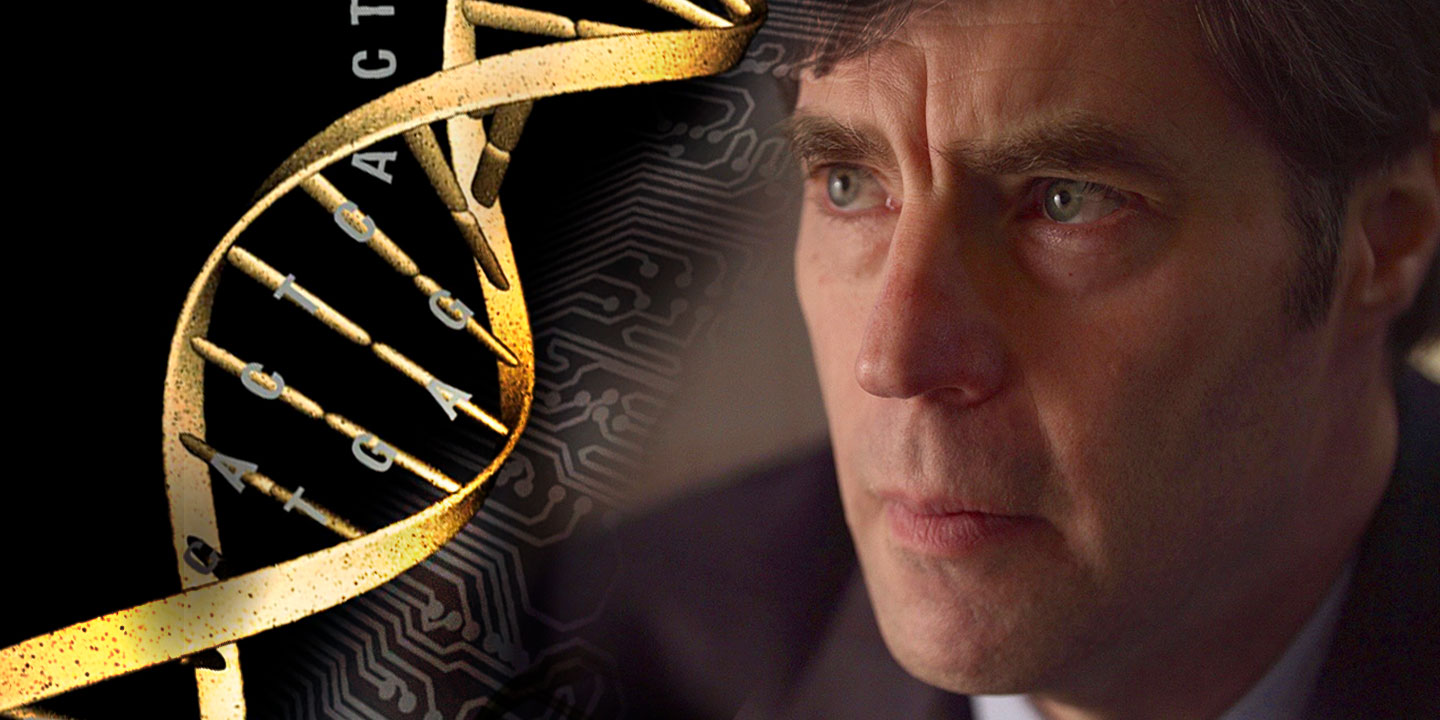
John West on Darwin’s Culturally Corrosive Idea, Pt. 1
On this episode of ID the Future, catch the first half of talk political scientist John West recently gave on how Darwinism has poisoned Western culture. In the lecture, delivered at the 2020 Dallas Conference on Science & Faith, West explores how Darwin’s purely materialistic theory of evolution drained meaning from nature, undercut the idea of inherent human dignity, and fueled the rise of scientific racism in the twentieth century.








